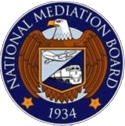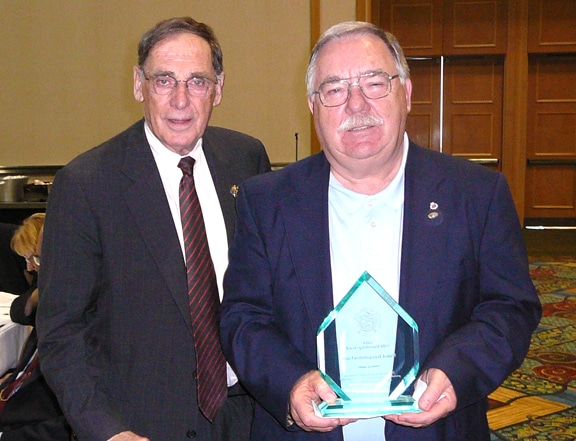WASHINGTON — The UTU and 17 other transportation labor organizations urged Congress Jan. 30 to pass a Federal Aviation Administration reauthorization without making what they called “drastic and unnecessary changes to the Railway Labor Act.”
Historically, any changes to the Railway Labor Act have been jointly agreed to by labor and management – a primary reason the law has been so effective in ensuring uninterrupted commerce and keeping paychecks flowing in the airline and railroad industries.
In fact, when the Railway Labor Act was passed by Congress in 1926, it was the product of joint agreement by labor and management – and that collaboration has continued since.
In this instance, the House Republican leadership is seeking to use FAA reauthorization as a vehicle to overturn a National Mediation Board (NMB) ruling that made union-representation elections in the airline and railroad industry conform to the rules of virtually every other election tally in America.
The House Republican leadership, at the instigation of airline management, is seeking to overturn that National Mediation Board ruling that updated the agency’s union-representation voting rule. Previously, those not casting a ballot in a representation election were considered to have cast a “no” ballot. Nowhere else in American society does such a rule exist.
The NMB changed the rule to provide for a majority vote of those actually voting in a union representation election. That change was affirmed by a federal appeals court after airline carriers challenged it in court. Failing in court, the carriers turned to their friends in the House.
The transportation labor organizations told Congress in their joint statement:
“A rewrite of long-standing labor law deserves proper and due consideration through the normal deliberative process. Acting otherwise directly conflicts with the non-partisan recommendations of the 1994 report of the Dunlop Commission on the Future of Worker-Management negotiations. Unilaterally changing that law without labor’s input and without due deliberation threatens to unravel its carefully balanced goals of labor stability and uninterrupted commerce.
“Rewarding the House Republican leadership’s desire to rewrite decades of long-standing labor law in a flash by inserting an unrelated and controversial labor provision in a much needed aviation safety and security bill, without notice, hearing or debate, sets an extremely dangerous precedent.
“We urge the Senate to delete the provision of the bill that would amend the RLA and pass the clean FAA reauthorization that all concerned recognize this country sorely needs and supports.”


